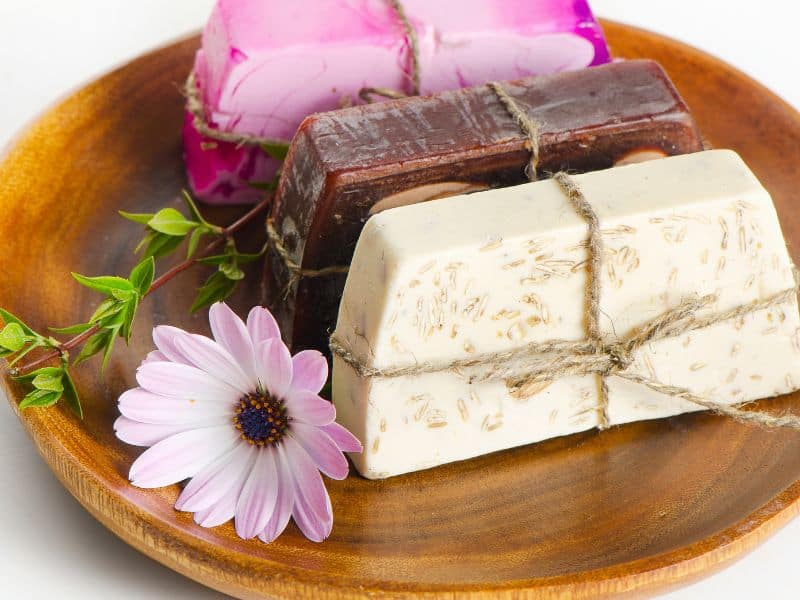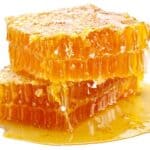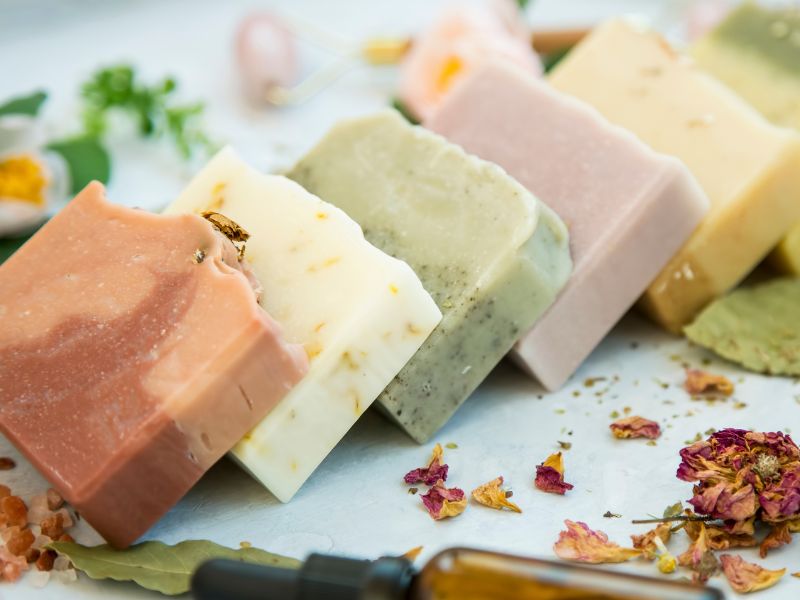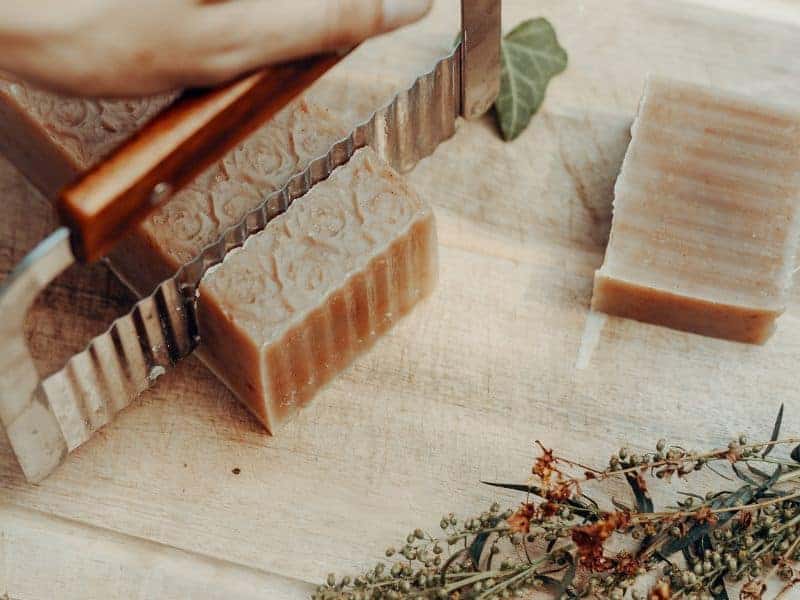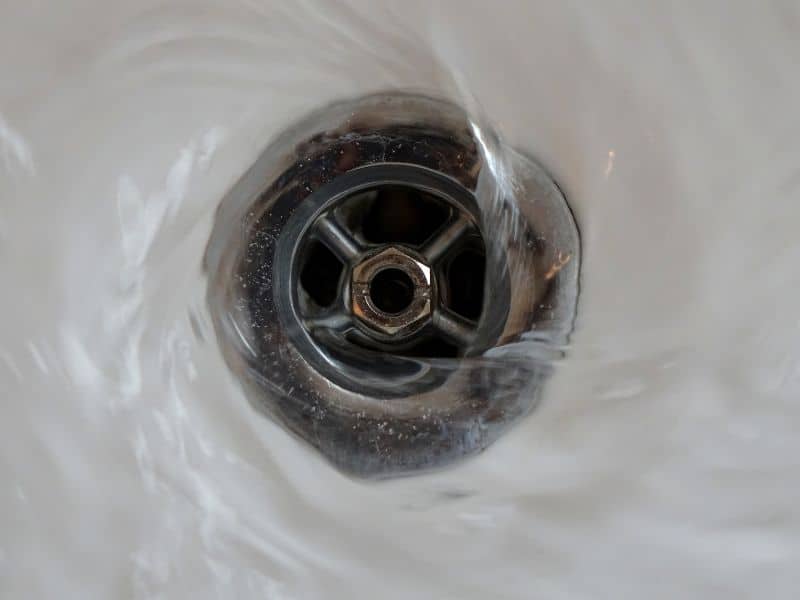Homemade soaps have gained considerable popularity, with many people embracing the art of soap making as a creative hobby or a means to take control of the ingredients used on their skin. But do homemade soaps work as well as their commercial counterparts?
Homemade soaps can work just as well as commercial soaps, providing effective cleaning and superior moisturizing properties. Customizable and eco-friendly, they allow for control over ingredients, avoid harsh chemicals and irritants, and allow customization.
Homemade soaps are often made with high-quality, natural oils that are known to be moisturizing and nourishing. Many homemade soap recipes contain ingredients such as glycerin, which helps to retain moisture in skin cells.
In addition, many homemade soap recipes also include essential oils or herbs for added therapeutic benefits. Let’s take a closer look at their effectiveness.
Effectiveness of Homemade Soaps
Cleaning properties
Soap composition
Homemade soaps, like commercial soaps, are primarily made of fats or oils mixed with an alkaline solution, typically lye (sodium hydroxide).
The reaction between the two creates a process called saponification, which produces soap and glycerin.
The soap molecules are effective at lifting dirt and grease from surfaces, including the skin, allowing them to be rinsed away with water.
Comparison to commercial soaps
Many commercial soaps contain detergents and surfactants, which enhance their cleaning ability. While homemade soaps may not contain these additives, they still possess effective cleaning properties due to their soap composition.
In fact, some people may find that homemade soaps are gentler on the skin, as they often lack harsh chemicals and synthetic ingredients commonly found in commercial soaps.
Moisturizing properties
Glycerin content
Glycerin, a natural byproduct of the soap-making process, is a humectant that attracts and retains moisture in the skin. Commercial soaps often have glycerin removed during production, which can result in a drying effect on the skin.
In contrast, homemade soaps typically retain their glycerin content, providing a more moisturizing and nourishing experience for the skin.
Nourishing oils and butters
Homemade soaps allow for the use of high-quality oils and butters, such as olive oil, coconut oil, shea butter, and cocoa butter. These ingredients not only contribute to the soap’s cleaning properties but also provide essential nutrients and moisture to the skin.
The combination of glycerin and nourishing oils and butters makes homemade soaps particularly beneficial for those with dry or sensitive skin.
Antibacterial properties
Essential oils with antibacterial properties
Some homemade soap recipes incorporate essential oils known for their antibacterial properties, such as tea tree, lavender, eucalyptus, and peppermint oil.
These oils can provide a natural alternative to synthetic antibacterial agents found in commercial soaps, making homemade soaps a more eco-friendly and skin-friendly option.
Effectiveness against common bacteria
While homemade soaps containing antibacterial essential oils can offer some protection against common bacteria, it is essential to note that they may not be as effective as commercial antibacterial soaps, which often contain more potent synthetic agents.
However, for everyday use, homemade soaps with antibacterial essential oils can still provide sufficient protection against bacteria while offering a gentler and more natural cleansing experience for the skin.
Benefits of Homemade Soaps
Customization
Choice of ingredients
One of the most significant benefits of making homemade soap is the ability to choose and control the ingredients that go into the final product. This customization allows for the creation of soaps that cater to individual preferences, specific skin types, or even certain skin conditions.
For example, those with sensitive skin can opt for hypoallergenic oils and soothing additives, while people with oily skin can select ingredients that help regulate oil production.
Fragrances and colors
In addition to selecting the base ingredients, homemade soap makers can also experiment with various fragrances and colors. From essential oils and natural colorants like clays and botanicals to synthetic fragrances and mica powders, the possibilities are endless.
This level of customization enables the creation of unique and personalized soaps for oneself or as thoughtful gifts for others.
Natural and eco-friendly options
Organic ingredients
For those who prefer using organic and natural products, homemade soaps offer the option to source and use certified organic ingredients.
By incorporating organic oils, butters, and essential oils, soap makers can create eco-friendly products that align with their values and minimize their environmental impact.
Sustainable packaging
Another benefit of homemade soap is the ability to choose sustainable packaging options. By using biodegradable or reusable packaging materials, such as paper, cloth, or repurposed containers, soap makers can further reduce the environmental footprint of their products.
Control over the manufacturing process
Quality assurance
Making soap at home offers complete control over the entire manufacturing process. This control means that soap makers can ensure the quality of their ingredients and the final product.
By adhering to good manufacturing practices and using high-quality materials, homemade soaps can rival or even surpass the quality of many commercial soaps.
Avoiding harsh chemicals and irritants
Commercial soaps often contain synthetic chemicals and potential irritants, such as sulfates, parabens, and artificial fragrances.
By making soap at home, individuals can avoid these ingredients and create soaps that are free from potentially harmful substances.
This benefit is particularly appealing to those with sensitive skin, allergies, or who simply prefer using natural and gentle products on their skin.
Homemade Soap vs Commercial Soaps
Effectiveness
When comparing homemade soaps to commercial soaps, it is essential to consider their overall effectiveness in terms of cleaning, moisturizing, and providing antibacterial properties.
As discussed earlier, homemade soaps can be just as effective at cleaning and often offer superior moisturizing qualities due to their glycerin content and nourishing oils and butters.
However, they may not be as potent in terms of antibacterial properties compared to commercial antibacterial soaps, which often contain stronger synthetic agents.
Lather
One area where commercial soaps often outperform homemade soaps is in lather production. Commercial soaps usually contain synthetic surfactants that help to create a rich, foamy lather.
Homemade soaps, on the other hand, rely on the natural saponification process and the properties of the oils and butters used, which can result in a more subtle and creamy lather.
However, many people find that the lather produced by homemade soaps is still sufficient for a satisfying cleansing experience and appreciate the gentler, more natural feel on their skin.
Skincare
In terms of skincare, homemade soaps can be customized to cater to various skin types and concerns, making them an attractive option for those looking for personalized skincare solutions.
Additionally, the absence of harsh chemicals and irritants in homemade soaps can be beneficial for individuals with sensitive skin or allergies. On the other hand, commercial soaps often contain a wide range of synthetic ingredients that may cause irritation or dryness for some users.
Factors to Consider When Making Homemade Soap
Safety Precautions
Handling lye
Lye (sodium hydroxide) is a highly caustic substance that requires careful handling during the soap-making process.
It is crucial to wear protective gloves, eyewear, and clothing and work in a well-ventilated area to avoid contact with skin, eyes, and respiratory system.
Proper ventilation
When mixing lye with water, it is essential to ensure proper ventilation as the reaction produces fumes that can be irritating to the respiratory system.
Work in a well-ventilated area, and consider using a fan or open window to help disperse the fumes.
Accurate Measurements
Importance of correct ingredient ratios
Accurate measurements are crucial when making homemade soap, as incorrect ingredient ratios can lead to a failed batch or a final product that does not perform as expected.
Ensure you follow the recipe carefully and make any adjustments using a lye calculator to maintain the correct balance of ingredients.
Tools for precise measurements
To ensure accurate measurements, use a digital scale capable of measuring small increments, such as 0.1 grams. Measuring by volume (e.g., cups or tablespoons) can lead to inconsistencies and should be avoided.
Quality of Ingredients
Sourcing oils and butters
The quality of oils and butters used in homemade soap can significantly impact the final product’s performance and feel on the skin.
Choose high-quality, unrefined, or cold-pressed oils and butters from reputable sources to ensure the best results.
Choosing fragrances and additives
Selecting high-quality fragrances, essential oils, and additives can also make a difference in your homemade soap.
Opt for pure essential oils or skin-safe fragrance oils, and be mindful of potential allergens or irritants.
When using additives like exfoliants or colorants, choose natural or skin-safe options to maintain a gentle and eco-friendly product.
Frequently Asked Questions
Yes, homemade soap can be just as effective at cleaning as commercial soap due to the saponification process, which creates soap molecules that lift dirt and grease from surfaces.
Homemade soaps containing antibacterial essential oils, such as tea tree or lavender, can offer some protection against common bacteria. However, they may not be as potent as commercial antibacterial soaps containing synthetic agents.
Homemade soaps typically produce a more subtle and creamy lather compared to commercial soaps, which often contain synthetic surfactants for a richer, foamy lather. However, the lather produced by homemade soaps is usually sufficient for a satisfying cleansing experience.
Homemade soaps can be made using hypoallergenic oils and soothing additives, making them an excellent option for individuals with sensitive skin. The absence of harsh chemicals and irritants also contributes to their suitability for sensitive skin.
Conclusion
In conclusion, homemade soaps not only work well in terms of cleaning and moisturizing, but they also offer a range of additional benefits, such as customization, eco-friendliness, and control over the manufacturing process.
By choosing high-quality ingredients and following safety precautions, homemade soaps can provide a more natural and personalized alternative to commercial soaps, catering to various skin types and concerns.

